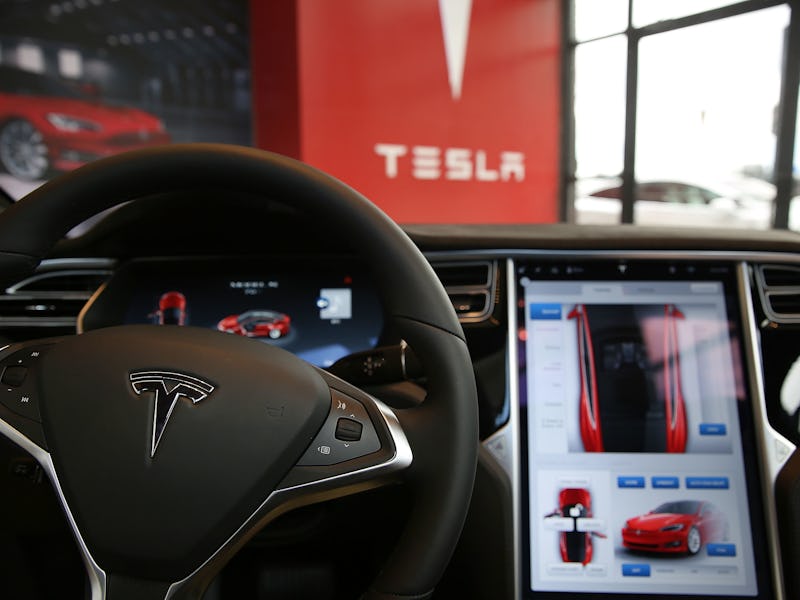
In the future, when self-driving cars become truly autonomous, consumers fear that terrorists will hack into their networks and use steering wheel free vehicles as weapons, according to a new study by the University of Michigan.
Michael Sivak and Brandon Schoettle, psychologists at the University of Michigan, surveyed 519 people about the cyber security of autonomous cars and current vehicles. They found that 33.4 percent of people were extremely concerned that self-driving cars — specifically, those without internal controls — could be hacked and used maliciously to cause crashes or be used as weapons. Although autonomous vehicles open up new avenues for different kinds of hacking, terrorist attacks using wheel-free cars isn’t the most likely scenario, says Eric Evenchick, a firmware designer and car hacking expert. “Cybercrime is a more likely occurrence in my opinion.”
Responders to the study were from all different genders, ages (although they had to be over 18), and income brackets across the country. Questions about cyber security could be answered on a six-point scale from “not at all concerned” to “extremely concerned.” Women were a little more concerned about the hacking of autonomous cars without controls than men, with 36.1 percent of women saying they were extremely concerned about it, and only 30.5 percent of men. The results were pretty consistent, with 30-40 percent of responders saying they’re extremely concerned, across all the tested demographics.
That percentage of concern drops significantly when the autonomous car in question still has controls. Although about half of responders were at least slightly concerned about the hacking of autonomous cars with steering wheels, only 16.6 percent of responders were extremely concerned about cars being taken over for malicious purposes. And only 10.2 percent were extremely concerned about the hacking of traditional cars.
“We are not engineers, so we did not try to assess the degree of realism of people’s concerns,” Michael Sivak replied to Inverse. But as the Internet of Things has become more susceptible to hacking, car hacking has certainly been a concern for both the FBI and the U.S. National Highway Traffic Safety Administration since last March.
“There are a number of ways these attacks can happen, and the number is growing as cars become more connected,” says Evenchick. “An older vehicle might not have any accessible features unless you’re directly inside the car, whereas a brand new car may have a cellular modem, wifi, Bluetooth, diagnostics interfaces, proprietary RF interfaces, and more.”
However, Evenchick thinks that hacking cars in order to steal them is much more likely to be a problem than cyber-terrorism. Slightly morbidly, he says, “I usually tell people that there’s easier ways to kill someone than hacking their car.” He also points out that as cars become more advanced, hacking techniques have to become more sophisticated — so long as automakers continue to think about this issue. He says, “If people factor security into their buying decisions, it will press automakers to do a better job. This already happened in the automotive industry with safety.” So hopefully that anxious feeling will transfer to safer and smarter autonomous cars in the future.